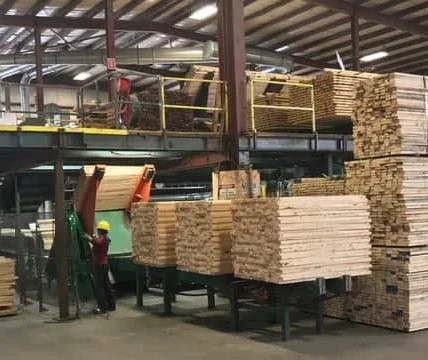Navigating Global Markets: How Agribusiness Experts Drive Successful Transactions in a Competitive Industry
In today’s rapidly evolving global economy, agribusiness stands as a cornerstone of both food security and international trade. But behind every successful cross-border transaction or strategic investment lies a team of seasoned experts who understand the nuances of global markets. Agribusiness consulting companies experts are not just intermediaries; they are strategic navigators, negotiators, and analysts who drive growth and ensure sustainable value in one of the most competitive industries in the world.
The Complexity of Global Agribusiness
Agribusiness encompasses a diverse range of sectors, including crop production, livestock management, food processing, and distribution. When these sectors cross borders, complexity multiplies, regulatory environments differ, cultural and consumer preferences vary, and supply chains can become fragile due to geopolitical tensions, climate events, or economic shifts.
This is where agribusiness experts shine. Their deep knowledge of local markets combined with global insight allows them to anticipate challenges, identify opportunities, and craft solutions tailored to the specific needs of a region or investor.
Strategic Insight and Market Intelligence
At the heart of successful agribusiness transactions is high-quality market intelligence. Experts continually track commodity prices, currency fluctuations, changes in trade policy, and consumer trends. With this data, they can assess the viability of potential investments and advise clients on timing, pricing, and risk management.
For example, a Brazilian soybean producer looking to expand into Southeast Asia would need expert guidance on tariffs, local partnerships, logistics infrastructure, and even branding strategies for unfamiliar consumers. Agribusiness professionals analyse these variables and create actionable roadmaps that minimise risk and maximise returns.
Bridging Cultural and Regulatory Divides
International deals often falter due to cultural misunderstandings or regulatory hurdles. Agribusiness experts serve as crucial bridges, translating not only language but also business expectations and legal frameworks.
Whether it’s navigating EU sustainability regulations or ensuring compliance with U.S. food safety standards, these professionals bring clarity and continuity to the process. Their ability to align diverse stakeholders—from government agencies to local farmers—can be the difference between a stalled deal and a breakthrough transaction.
Relationship-Driven Success
In agribusiness, trust is paramount. Many transactions hinge on long-term relationships built over years, not quarters. Agribusiness experts often come from the communities they serve or have cultivated global networks through years of collaboration and partnership. These connections are invaluable in sourcing deals, managing negotiations, and ensuring post-transaction integration.
It’s not just about closing the deal—it’s about creating enduring partnerships that can weather market cycles and deliver consistent value.
Innovation and Sustainability as Growth Drivers
Modern agribusiness is rapidly evolving thanks to innovations in biotechnology, data analytics, and sustainable practices. Experts play a critical role in evaluating and integrating these technologies into traditional systems.
They help investors understand the ROI of precision agriculture, assess the scalability of vertical farms, or evaluate the environmental impact of new processing methods. By aligning innovation with market demand, agribusiness professionals ensure their clients stay competitive while contributing to a more sustainable global food system.
Conclusion: Experts as Architects of Global Growth
Agribusiness is more than planting and harvesting—it’s a dynamic, interconnected industry where success depends on insight, experience, and execution. Agribusiness experts are the architects who design and guide transactions, bridging local knowledge with global strategy.




